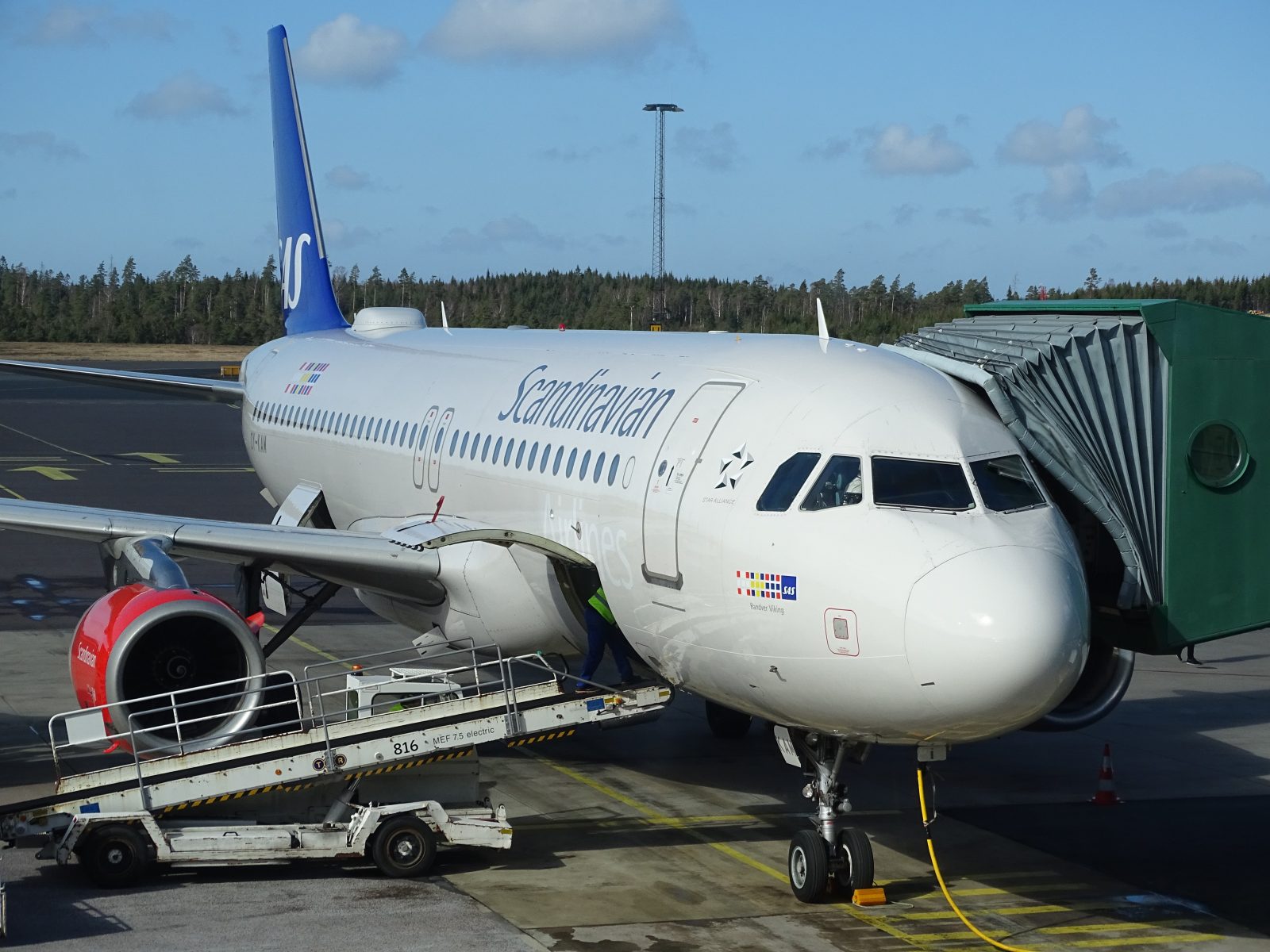
Sweden’s Sophia Hemmet university will offer a special fast track healthcare course for some of the 10,000 employees that have been made temporarily unemployed by Scandanavian airline SAS. The idea is to build upon basic First Aid knowledge that staffers like cabin crew already possess so that they can help the Swedish healthcare system battle the COVID-19 pandemic.
“There are incredibly competent people, for example at SAS, who will be able to relieve medical care immediately after completing training so that doctors and nurses can to an even greater extent care for patients,” a spokesperson for the university explained.
“This is a community effort that we all need to contribute to,” the university’s principal Johanna Adami said of the new fast track course.
The three-day course will be mainly delivered online to comply with social distancing rules and will teach basics like theoretical knowledge about infectious diseases, patient confidentiality, hygiene and nursing methods.
There will also be practical lessons such as how to deliver information to patients and their relatives, as well as how to complete administrative tasks so that doctors and nurses can focus on treating the sick.
Initially, less than 1,000 furloughed workers will take part in the training but the university hopes to extend the pilot project to more employees if it proves a success. The university has teamed up with Sweden’s largest employment agency to find work for the trainees across the healthcare system.
Last week, SAS said it would have to temporarily lay-off around 90 per cent of its staff because the “demand for international air travel is essentially non-existent”. The vast majority of the SAS fleet has been grounded since last Monday. The airline has retained a few international routes, mainly to repatriate stranded citizens, and most domestic services are continuing to operate for now.
Europe has been labelled the epicentre of the global COVID-19 outbreak and Sweden has currently recorded around 1,800 Coroanavirus cases.
In the Financial Times, Izabella Kaminska wrote that she thought using cabin crew in the healthcare sector during this pandemic would be a great use of resources:
“Cabin crew members, because of the physical nature of their jobs, tend to be relatively young and healthy. They’re also used to working in tough conditions and all through the night,” she wrote.
“Most importantly they’re already trained to a very high first-aid standard and used to following emergency protocols. Indeed, if any sector knows how to manage, reassure and prioritise among large, unruly crowds it is cabin crew.”
Related
Mateusz Maszczynski honed his skills as an international flight attendant at the most prominent airline in the Middle East and has been flying ever since... most recently for a well known European airline. Matt is passionate about the aviation industry and has become an expert in passenger experience and human-centric stories. Always keeping an ear close to the ground, Matt's industry insights, analysis and news coverage is frequently relied upon by some of the biggest names in journalism.







